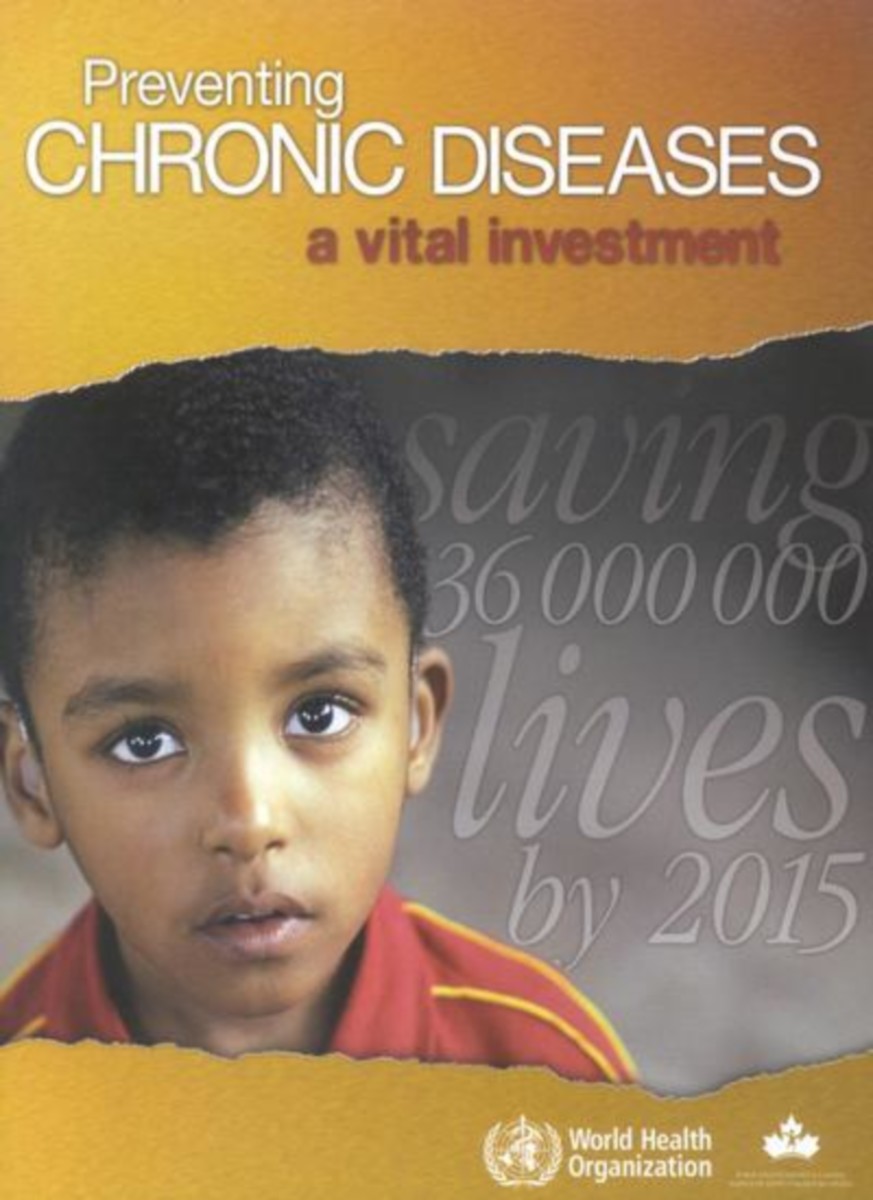Preventing Chronic Diseases
A Vital Investment
- Publisher
World Health Organization - Published
1st September 2005 - ISBN 9789241563000
- Language English
- Pages 196 pp.
- Size 8.25" x 10.5"
This report dispels the long-held misunderstandings about heart disease, stroke, cancer and other chronic diseases that have contributed to their global neglect. The reality is that 80% of this year's 35 million, chronic disease-related deaths will occur in low and middle income countries, where they affect men and women at younger ages than in high income countries. Premature deaths in countries such as China, India and the Russian Federation are projected to cost billions of dollars over the next 10 years.
Even more importantly, this report gives practical advice for reducing deaths and improving the lives of millions of people. Every country, regardless of its level of resources, has the potential to make significant improvements in chronic disease prevention and control. A great amount can be achieved with leadership and effective and low-cost interventions.
The primary audience of the report is health planners and decision-makers as well as stakeholders who can influence multisectoral government action.
Chronic diseases are a major global health problem and a key barrier to development, to alleviating poverty and to making progress towards the Millennium Development Goals. We know enough to act now. Cost-effective preventive and clinical interventions are available and need to be implemented globally. What we need are the resources to move from policy to action, and strong leadership from health ministries for coordinated national action.
- Dr LEE Jong-wook
World Health Organization
World Health Organization
World Health Organization is a Specialized Agency of the United Nations, charged to act as the world's directing and coordinating authority on questions of human health. It is responsible for providing leadership on global health matters, shaping the health research agenda, setting norms and standards, articulating evidence-based policy options, providing technical support to countries, and monitoring and assessing health trends.


